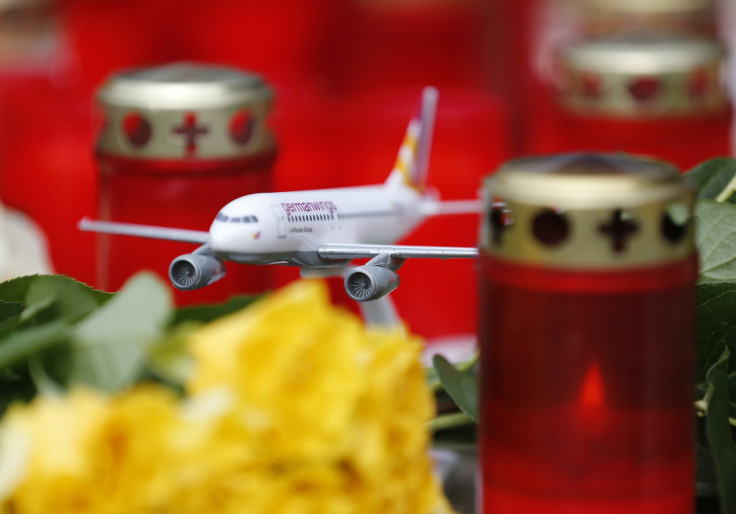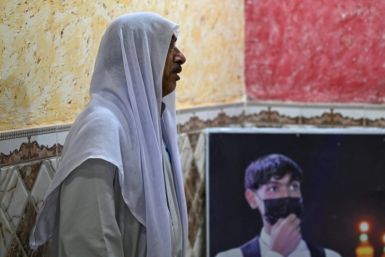Germanwings 4U9525: Lufthansa Liability To Victims’ Families Could Reach Over $150,000

Deutsche Lufthansa AG, parent company of Germanwings, has offered up to 50,000 euros (A$70,715; S$75,000) the families of each passenger who died in the 4U9525 crash. But experts believe Lufthansa’s sure to incur a mounting bill if it cannot defend itself against negligence claims, spurred by the unchecked and unmonitored mental state of the co-pilot who set to crash the Airbus A320 aircraft.
Kevin Durkin, a personal-injury lawyer specializing in aviation for Clifford Law Offices, cited by the Wall Street Journal, said that regardless the families accept those initial payments, they are still entitled to make further claims, as lined under international rules governing commercial flying. Such regulations entitle families of passengers involved in such scenarios to claim as much as $150,000, even higher.
Steven Marks, a partner at aviation litigation firm Podhurst Orseck, said the area or country where the families will file their cases is also another factor. Lufthansa might as well expect to shell out large sums of money for families who will bring their cases in the United States, “where large settlements are easier to secure,” WSJ reports. Those in Germany could receive limited amounts.
Germanwings is expected to counter in its defence that flight 9525 co-pilot Andreas Lubitz hid from them his medical problems. Clive Garner, a partner at the law firm Irwin Mitchell in London, said the company might find it hard to prove just that. “Given this scenario and what we know at the moment, Germanwings would be unlikely to be able to establish a relevant defence," Garner said. “The airline has unlimited liability unless it can prove it is free from fault,” Marks said. Moreso that what Lubitz allegedly did wasn’t the first the global aviation industry experienced, according to Justin Green, a partner at the law firm Kreindler & Kreindler in New York. In 1997 and in 1999, investigators believed the pilots steering a SilkAir aircraft and an EgyptAir aircraft, respectively, intentionally downed them.
Families could raise the 2-in-cockpit rule which the Germanwings 4U9525 obviously did not employ at the time of the crash. Under German aviation law, pilots may temporarily leave the cockpit at certain times. But the practice has been known to possess a known risk, Green told Reuters. "This idea that one pilot could murder everyone on board and kill himself is something that's happened before and something that everyone knew about," Green said.
Carsten Spohr, Lufthansa Chief Executive, said the company will abide by international agreements dictating liability. "Honestly, it's one of my smaller worries," he told journalists on Thursday. "We will be able to meet the financial liabilities. Our first priority is to help the families where we can."
To report problems or to leave feedback about this article, email: e.misa@ibtimes.com.au.






